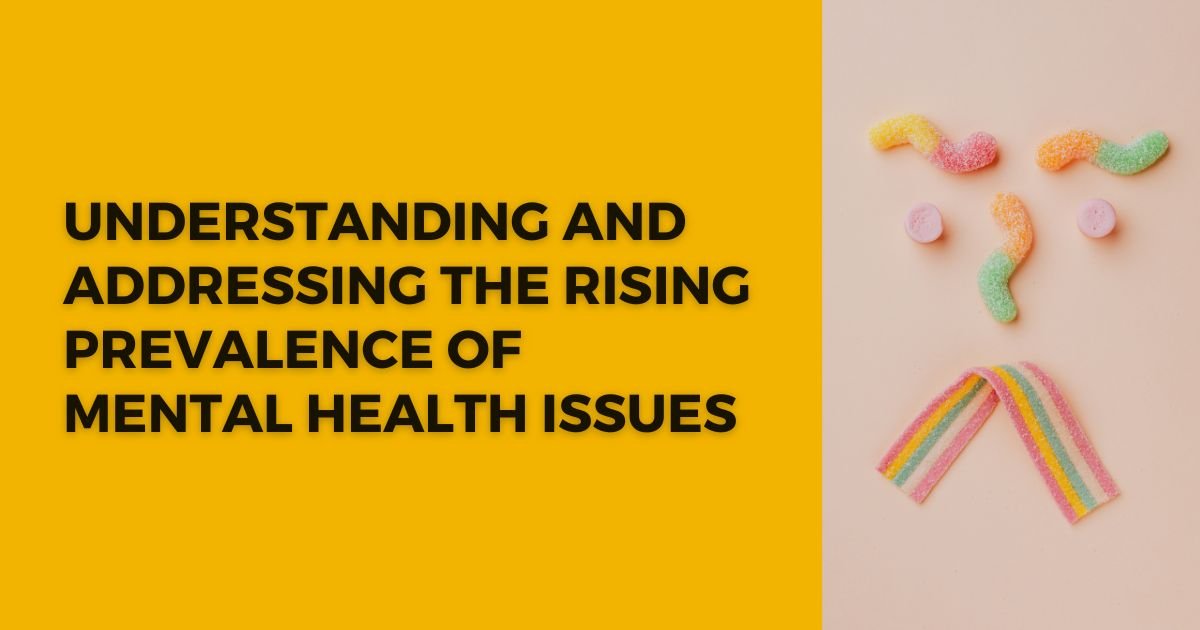Metabolism refers to the series of chemical processes that take place in the body to convert food into energy. A fast metabolism can help you burn calories and lose weight more efficiently. While genetics do play a role in determining your metabolic rate, there are several lifestyle changes you can make to boost your metabolism.
Table of Contents
Build Muscle
One of the most effective ways to increase your metabolism is to build muscle mass. The more muscle mass you have, the higher your metabolism will be. Resistance training exercises like weightlifting and bodyweight exercises can help you build muscle. These exercises can also help you burn calories even after you finish your workout.
Increase Your Physical Activity
Regular exercise can increase your metabolism. Aim for at least 150 minutes of moderate-intensity exercise or 75 minutes of vigorous-intensity exercise per week. This could include activities such as jogging, cycling, or swimming.
Stay Hydrated
Drinking water can increase your metabolism by up to 30% for up to an hour. Aim for at least 8 glasses of water per day. You can also try drinking cold water, as your body burns extra calories to warm it up.
Get Enough Sleep
Lack of sleep can decrease your metabolism. Aim for 7-8 hours of sleep per night. Poor sleep can also lead to increased levels of the hormone cortisol, which can contribute to weight gain.
Eat Enough Protein
Protein can help you build and maintain muscle mass, which can increase your metabolism. Aim for at least 0.8 grams of protein per kilogram of body weight per day. Good sources of protein include lean meats, fish, beans, and tofu.
Eat Regular Meals
Eating regularly can help keep your metabolism running efficiently. Aim for 3-4 meals per day. Skipping meals can slow down your metabolism and lead to overeating later in the day.
Consider Drinking Green Tea
Green tea contains catechins, which can increase your metabolism. Aim for 2-3 cups of green tea per day. In addition to its metabolism-boosting properties, green tea is also rich in antioxidants that can help protect against various diseases.
Be Mindful of Your Calories
Consuming too few calories can slow down your metabolism. Aim for a calorie deficit of no more than 500-750 calories per day to lose weight at a healthy rate. Consuming too few calories can also cause your body to go into starvation mode, where it slows down your metabolism to conserve energy.
In addition to these lifestyle changes, there are also several medical conditions that can affect your metabolism, such as thyroid disorders and diabetes. If you are concerned about your metabolism, speak to your doctor.
Conclusion
Boosting your metabolism is not only beneficial for weight loss, but also for overall health and wellness. By incorporating the eight tips mentioned in this article into your daily routine, you can help increase your metabolism and improve your body’s ability to burn calories efficiently.
However, it’s important to remember that a healthy metabolism is not just about losing weight quickly, but about making sustainable lifestyle changes that support your overall health and wellbeing. By combining a balanced diet with regular exercise and a good night’s sleep, you can help keep your metabolism running smoothly and maintain a healthy weight.
So, if you’re looking to boost your metabolism, don’t hesitate to try out these simple and effective tips. With patience and dedication, you can achieve your health goals and enjoy a happier, healthier life.
FAQs
-
What is metabolism?
Metabolism refers to the series of chemical processes that take place in the body to convert food into energy.
-
Can you increase your metabolism?
Yes, there are several lifestyle changes you can make to boost your metabolism, such as building muscle mass, increasing physical activity, staying hydrated, getting enough sleep, eating enough protein, eating regular meals, and drinking green tea.
-
Does genetics play a role in metabolism?
Yes, genetics do play a role in determining your metabolic rate.
-
What medical conditions can affect metabolism?
There are several medical conditions that can affect your metabolism, such as thyroid disorders and diabetes. If you are concerned about your metabolism, speak to your doctor.
-
How does building muscle mass increase metabolism?
Muscle tissue is metabolically active, which means that it requires more energy to maintain than fat tissue. This means that the more muscle mass you have, the more calories your body burns at rest. Building muscle through resistance training exercises can help increase your muscle mass and boost your metabolism.
-
Can staying hydrated really increase metabolism?
Yes, staying hydrated can increase your metabolism. When you drink water, your body needs to expend energy to heat it up to your body temperature. This process is called thermogenesis and can increase your metabolism by up to 30% for up to an hour.
-
How does sleep affect metabolism?
Lack of sleep can decrease your metabolism and lead to weight gain. When you don’t get enough sleep, your body produces more of the hormone cortisol, which can increase appetite and lead to overeating. Poor sleep can also affect the hormones that regulate your metabolism, making it more difficult for your body to burn calories efficiently.
-
How does protein help boost metabolism?
Protein can help boost metabolism by helping to build and maintain muscle mass. Muscle tissue is metabolically active and requires more energy to maintain than fat tissue, which means that the more muscle mass you have, the higher your metabolism will be. Protein is also more satiating than carbohydrates or fats, which can help you feel full and reduce cravings.
-
Is it safe to consume green tea?
Yes, it is generally safe to consume green tea in moderation. Green tea contains caffeine, which can cause side effects such as insomnia, nervousness, and rapid heartbeat in some people. It is also important to note that green tea can interact with certain medications, so it is important to speak to your doctor before adding green tea to your diet.
-
Can consuming too few calories slow down metabolism?
Yes, consuming too few calories can slow down your metabolism. When you consume too few calories, your body goes into starvation mode, which slows down your metabolism to conserve energy. This can make it difficult to lose weight and may also lead to nutrient deficiencies and other health problems. It is important to aim for a calorie deficit of no more than 500-750 calories per day to lose weight at a healthy rate.
If you want to learn more about how to improve your health and wellness, be sure to check out other informative articles on our website. Click here to read more!














This article couldn’t have come at a better time! I’ve been searching for reliable information on how to increase my metabolism, and your article has provided just that. The well-structured content and comprehensive coverage make it an invaluable resource. Thank you for sharing!